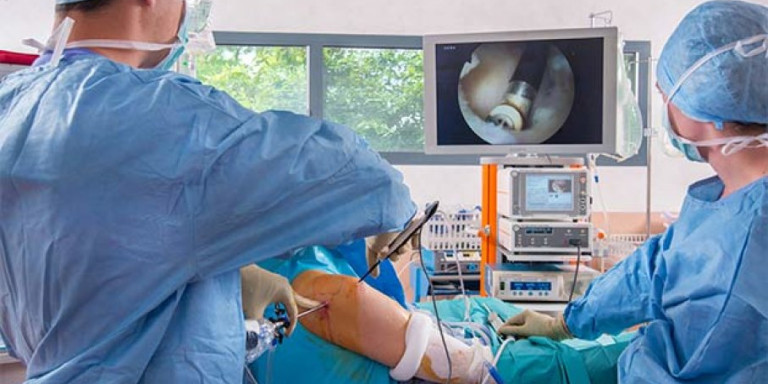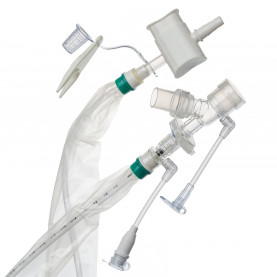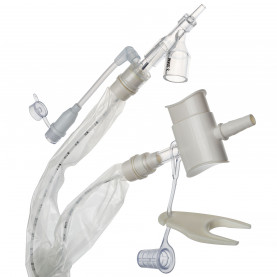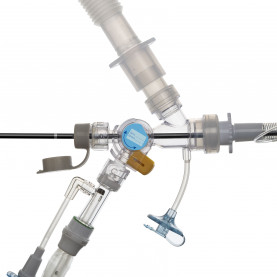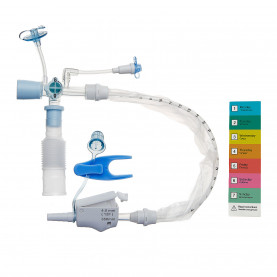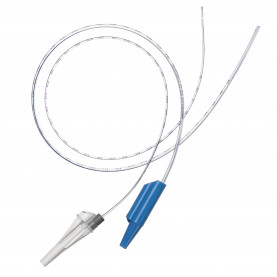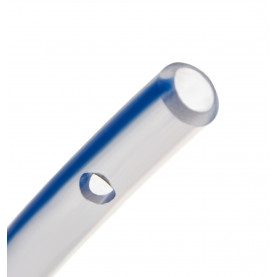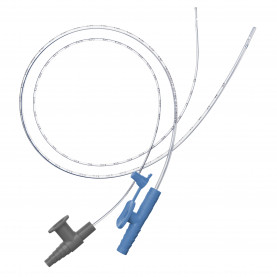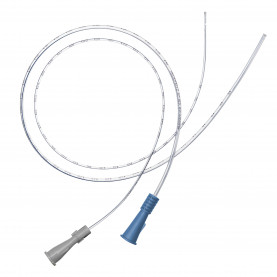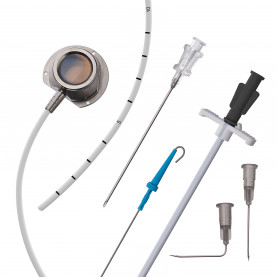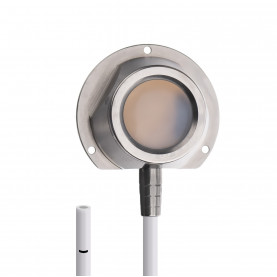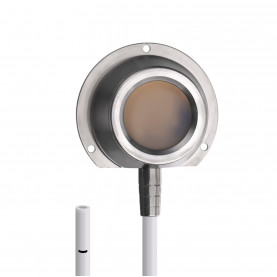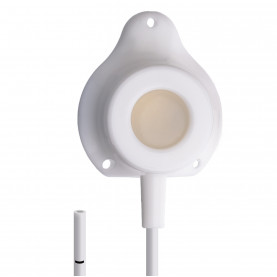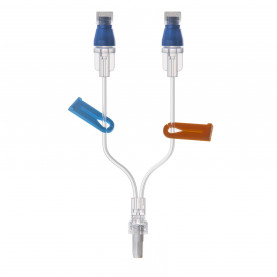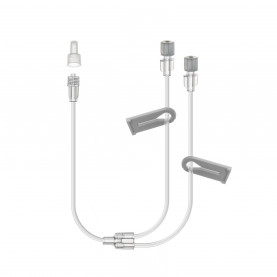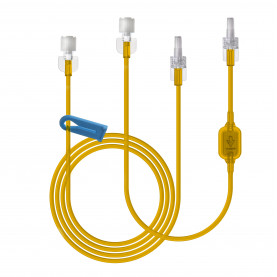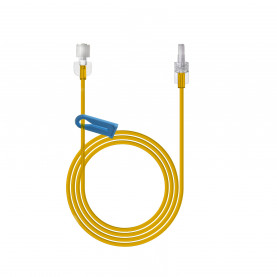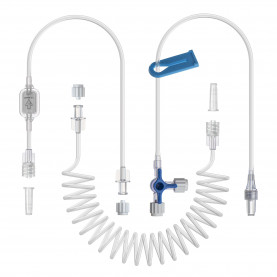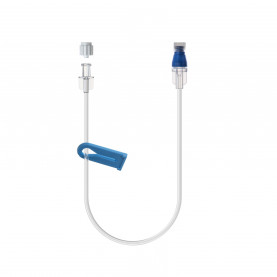10 Future Jobs in Health Care
People have been saying it for years: If you want a secure job, go into health care. Why? With people living longer, medical needs will rise accordingly. According to United Nations projections, the number of people in the world aged 60 and older is expected to double by 2050, from 841 million in 2013 to more than 2 billion! Those 2 billion folks will need a lot of help from physicians, dentists, physical therapists, pharmacists and surgeons.
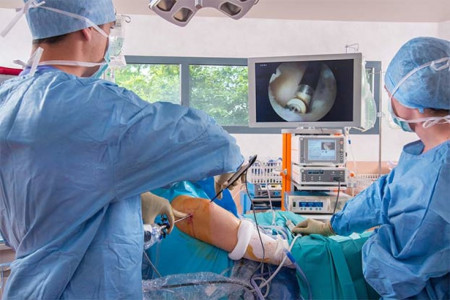
But if being a dentist or physical therapist isn't your calling, don't dismiss the health care field just yet. In the future, it will be about a lot more than front-line doctors and nurses. Health care will incorporate a lot of new technologies, many just now in their infancy. From electronic records to robotic surgeries to prosthetics you can move with your mind, nothing's off the table. That means loads of new jobs will be coming on stream, as well as current health care occupations you may never have heard of. Here are 10 jobs of the future you should explore right now.
10. Bioinformatician
If you enjoy both science and statistics, bioinformatics could be the field for you. Bioinformaticians gather and analyze data from a range of biological fields including population biology, genetics and pharmaceutical development. The analysis is performed via mathematical models and dynamic simulations created by the bioinformatician, who uses sophisticated computer software and the Internet as her main tools. In practical terms, this means a bioinformatician might design a clinical trial for a new drug or program a statistical model for population growth. Or maybe she'll create 3-D models of DNA and protein sequences for analysis.
Bioinformaticians (aka biostatisticians, biometricians and computational biologists) have been around a while; one of their main successes to date was analyzing genome sequence data, mainly that from the human genome project, which started in 1990 and was completed in 2003. Many expect their numbers to grow in the future, as these professionals tackle areas like individualized drug therapies. Pharmaceutical companies, incidentally, are a major employer of bioinformaticians.
9. Cryopreservation Specialist
Who can forget all of the jokes that have been made over the folks choosing to freeze themselves after death (or just their brain, to save money) in the hope that science will someday be able to cure whatever killed them, then bring them back to life? Even favorite pets are being put in the deep freeze for this purpose. That's where cryopreservation comes in.
Сryopreservation is the art of freezing something to preserve it for the future, specifically excised tissues or organs. And a cryopreservation specialist is the person doing the freezing. The most common use for cryopreservation today is probably freezing embryos for use in in vitro fertilization (IVF), and chilling sperm and ova for those who are ill and may lose the ability to naturally reproduce.
While bringing frozen people back to life isn't on most scientists' minds -- at least not yet -- there is hope that one day more complex tissues and organs will be able to be successfully frozen and thawed when ready for use. Transplant organs have a shelf life of just a day or two and may go to waste if a recipient is not immediately available. Imagine if these organs could be preserved! Scientists have been hard at work on this for years. And once they are successful, cryopreservation specialists will be hot commodities.
8. Custom Implant Organ Designer
As of Sept. 8, 2014, there were 123,175 Americans waiting for transplants; 101,170 of these patients needed a kidney transplant. The most common reason for a kidney transplant to fail -- or that of any transplanted organ -- is rejection, as the body's immune system fights what it perceives as a harmful, foreign body.
Scientists hope that in the future, custom transplantable organs will be available -- organs designed specifically for your body, probably using your own cells. These cells (suspended in gel) would either be used as the "ink" for a 3-D-type printer or they would be poured straight into an injection mold. Custom organs would alleviate long transplant waiting lists, plus combat the all-too-frequent organ rejection. Medical researchers are currently hard at work trying to grow everything from kidneys to ears to help people with failed organs or disfiguring injuries. Spinal discs have already been successfully replaced in rats; surely humans can't be far behind. As successes mount, the job of custom implant organ designers will be an important one.
7. End-of-life Therapist
As people live longer, they've got more time to ponder -- and plan for -- their last few years, or even decades, on Earth. That's where an end-of-life therapist comes in handy. Armed with backgrounds in fields like social work, palliative care, education and human psychology, these professionals will work with older people to prepare for their final life stage. Issues discussed may include how to ensure the eventual dying process is as smooth and painless as possible; how to best prepare yourself emotionally for this phase and the possible legal issues that may occur with advanced age.
End-of-life therapists also work with clients' families to help them through the process as well. Skilled therapists will not only have appropriate educational backgrounds, but also will be people who can discuss such sensitive information both compassionately and dispassionately.
Today many of these issues are being discussed with older people, but it's often through a rather disjointed process. An end-of-life therapist, or someone practicing end-of-life care, will bring everything together -- sort of like one-stop shopping.
6. Genetic Counselor
Genetic counselors work with physicians and other health care professionals to help patients understand inherited conditions, genetic disorders and birth defects affecting themselves or their families. They're also available to objectively discuss sensitive, emotional information. For example, if genetic testing shows that you have the breast cancer gene, should you have a double mastectomy like Angelina Jolie or wait a few years and see if anything happens? Which genetic tests, if any, should you perform on your unborn child? Genetic counselors can help you sort these issues out.
Although genetic counselors have been around for a while -- the National Society of Genetic Counselors was founded in 1979 -- relatively few people used their services initially, as genetic testing was in its infancy. Now it's not. Much more refined and complex tests are out there, with many more in development that will help predict innumerable markers and conditions. As the tests grow in number, so will the number of genetic counselors. You need a master's degree in genetic counseling to get into the field.
5. Health Specialties Professor
It's an obvious question, yet one few people think to ask. If there will be so many more innovative health care jobs in the future, who will be training all of these professionals? A health specialties professor, for one. This person will train pharmacists, nurses, physical therapists and dentists -- all fields in great demand in the future -- as well as cryopreservation specialists and bioinformaticians. Sometimes the professors are practicing physicians, but they may also be researchers or teachers. Because health care is a rapidly changing field, these professors must constantly keep on top of the changes in their fields of specialization. Sometimes, they may conduct their own research, too.
Because of the importance of this field, pay for health specialties professors is on the high end compared to other post-secondary educators – more than $100,000 is typical. Job growth for health specialties professors is projected to be 36.1 percent between 2014 and 2024.
4. Health Care Navigator
Sometimes it seems easier and less stressful to be the patient than the caretaker. If you're ill, people scurry around taking care of you. But if you're the patient's loved one, it's up to you to make sure his care goes smoothly and seamlessly, and that there are no insurance or legal entanglements. That's not an easy task, as hospitals and medical centers are complex institutions. That's when you turn to a health care navigator.
A health care navigator calmly and compassionately guides you through the often-complicated medical system, answering questions like, "Who should I speak with about my loved one's lack of an appetite?" "Will we need special medical equipment or home health care when he comes home?" "How do I arrange that, and will insurance pay?" Current navigators are often former nurses, but future health care navigators will have a good grounding in both health care systems and social work or related fields.
Health care navigators are also being used to help consumers figure out the U.S. health insurance marketplace (which came into effect as part of the Affordable Care Act or "Obamacare") and decide which health plan makes the most sense to buy. These navigators come from a variety of backgrounds, but they have to be certified by completing a training program and maintaining continuing education credits.
3. Medical Scribe
Electronic health records (EHRs) seem like a huge time-saver for physicians. No more note-taking during visits and dictating patient information afterward. Actually, EHRs are more time-consuming, as doctors are required to enter more detailed information into the computer system.This translates into less time with patients, which is never a good thing. Enter the medical scribe, a new and fast-growing health care position.
A medical scribe joins the medical provider in the exam room and enter the patient's medical information into the EHR. They also pull info for providers in preparation for upcoming appointments and, if the provider requests, may respond to various messages and research information. Because the position provides an intimate look into the medical field and offers the chance for collaboration with physicians, some medical schools in the U.S. are suggesting future med school students first work a bit as medical scribes to obtain some pertinent background and experience. However, Scribe America says the minimum qualification for the job is a high school diploma; a college degree, ability to type and use a computer and experience with medical terminology are all preferred.
2. Medical Roboticist
Meet HeartLander. It's a tiny robot that enters someone's chest through a small incision below the sternum, or breast bone, motors along the heart's surface to a specific area, then administers whatever therapy is prescribed by the physician. HeartLander is controlled by a physician, but it was created by a medical roboticist. Medical roboticists create any number of intelligent tools that can be used by medical professionals, or with them, to do everything from perform surgeries to diagnose ailments.
Besides surgical robots like HeartLander, medical roboticists create devices like the DEKA Arm, a mind-controlled prosthetic arm that can perform such fine-motor-skill tasks as zipping a zipper and picking up an egg without breaking it.
Medical roboticists generally have backgrounds in engineering or computer science, as well as some medical training.
1. Telesurgeon
Telesurgeons are physicians who operate on their patients from a remote site. Unlike computer-assisted surgery, where surgeons direct operations from a computer console a few feet from the patient and can see what they're doing in real time, a telesurgeon's patient could be in a hospital across town, in another city or even in another country. The first completely remote surgery -- a gallbladder removal performed from New York City on a patient in France -- was done in 2001.
Although telesurgery isn't yet common in 2014, hopes are high for the future. When systems are perfected and economically feasible, telesurgeons may be treating injured soldiers on or near battlefields, for example, or astronauts in space. Telesurgery will also be a great boon for those living in rural areas or developing countries, where skilled surgeons are in short supply.

